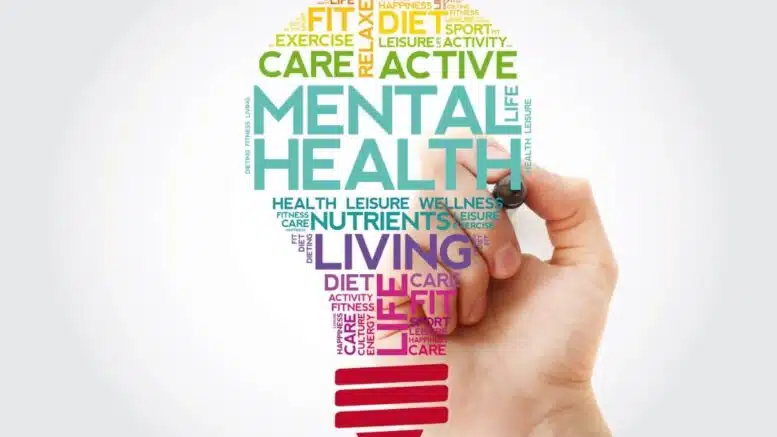Having good mental health is essential to living a happy and fulfilling life. However, contrary to popular belief, having excellent mental health doesn’t mean you don’t experience any challenges or difficulties. Far from it. Instead, this means you’re capable of handling your negative experiences without them hampering your productivity or your ability to contribute to your community.
Responding to these challenges can vary from person to person. As with any problem, the first step towards solving it is to recognize the signs that you may be undergoing one. Issues regarding your mental health may not always be easily perceptible, but being aware of what can affect your mental health will allow you to cope with the situation better. Thus, take note of these three things that can affect your mental health:
Loneliness And Isolation
Loneliness and isolation often go hand in hand. Most people would experience this at some point in their lives, but for those whose feelings of loneliness last for a long period, this can adversely affect their mental health.
Loneliness is typically described as negative feelings that spring from the unmet need to connect socially with others, or a negative reaction to perceived isolation, whether physically or emotionally. While some people can be perfectly content in their solitude, those who suffer from chronic loneliness often feel unwanted, alone, and empty.
Some causes of chronic loneliness may include the following:
- Not having a purpose in life
- Living alone
- Poor connection with family
- Death or relocation of a friend, family member, or spouse
- Poor health
- Retirement
Loneliness and isolation are especially prevalent now that the world has been thrust into a global pandemic. Best Practice published an article that tackles mental health in the time of COVID-19, which can be especially helpful to those who are having a difficult time under quarantine, or whose daily lives are negatively affected by lockdown restrictions.
While coping with loneliness is easier said than done, more so now that people are asked to distance themselves from others for the sake of public health and safety, there are some simple steps you can consider to cope with loneliness:
- Try to get enough sleep, exercise, and balanced meals. Don’t attempt to cope with your negative feelings through alcohol or drugs.
- Since in-person gatherings are restricted, reconnect with family and friends through email, phone calls, video or text messages.
- Join forums wherein people share the same interests and hobbies as yours.
Family Issues
Another leading factor that can affect your mental health are issues within the family, or if your family is going through a crisis. The passing of a loved one, divorcing a spouse, parents separating, the family facing legal issues or financial hardships—these are just some situations in the family setting that may impact your mental health negatively.
Abusive family members are also a very real situation that can be experienced by both children and adults. This, of course, can affect their mental health and may even necessitate long-term management and treatment depending on the severity and duration of the abuse.
Since familial support often helps mental health sufferers, not being able to get this support precisely because of issues within the family can have a profound impact on someone suffering from a mental health condition. In this case, professional treatment is required so the situation doesn’t worsen.
Health Complications
Coping with an illness or health condition may also adversely impact your mental health. For instance, sufferers of chronic pain find it difficult to function daily and become productive, which may lead to depression and reduced self-esteem. Additionally, certain medications may have side effects such as fatigue, decreased appetite, mood changes, and difficulties in both sleeping and concentrating, thereby making it hard for people with health complications to achieve good mental health.
As much as possible, people with health complications should not only seek out treatment for their physical condition, but also for their emotional and psychological health if it becomes too much for them to bear. After all, your mental health is related to your physical health, and your entire well-being goes beyond just treating what’s afflicting the physical body.
Takeaway
Mental health can affect your physiological, emotional, and social well-being. Therefore, it’s important to know what things may have negative effects on your mental health in order to address the problem and prevent any complications that may arise from it. Being aware of the factors that can affect your mental health can lead you to cope better and live a fulfilling and gratifying life.
